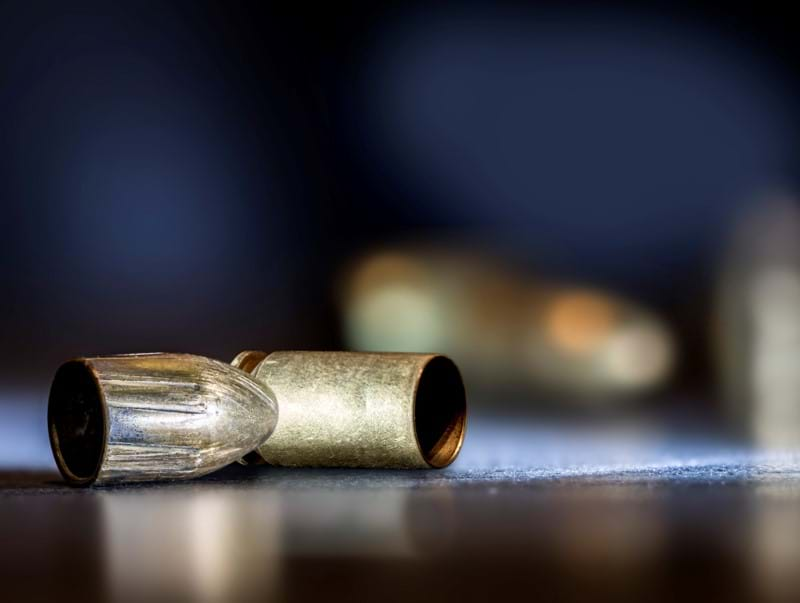Given the recent advances in Integrated Ballistics Identification System (IBIS®) hardware and software, one thing is abundantly clear—it is very technician friendly. From acquisition through correlation results review, technicians can perform IBIS tasks quickly and reliably. And, because technicians require far less training and expertise than typical, court-qualified firearm examiners, using technicians enables IBIS sites to process evidence faster, allowing for more timely information that can be provided to investigators. In one survey, trained technicians (at sites with adequate quality assurance measures in place) were credited with a 97% (or higher) accuracy rate for released #NIBIN leads that were sent for microscopic comparison and later confirmed as NIBIN hits.
The reality of Technician turnover
Unfortunately, one of the recurring concerns for #IBIS sites is the high turnover rate of these very technicians. It seems that just as a site is getting caught up with their NIBIN entries, one or more of their technicians is leaving for better prospects elsewhere. They may take less time to train, but technician turnover is costly because of how the typical governmental bureaucracy works. Typically, new hires can only be sought after the current position has been vacated. Given the amount of time needed to post the job, complete the interview process, make the job offer, complete the background check, perform on-boarding, and train the individual to the level of the previous technician, conservatively 6 to 9 months minimum has passed. Depending on the workload, that is a significant amount of time during which the site is performing far less optimally than it had been.
Selecting an IBIS Tech for the long-haul: Who fits the bill?
Having been responsible for recommending many hires over the course of my career in forensic science, I have come to realize that certain types of individuals were targeted for hire. Typically, especially at law enforcement agencies, the instinct is to hire those that have strong personalities, are self-starters, have strong leadership qualities, and need minimal supervision. When considering an IBIS-related position, degreed individuals are favored, especially those having a degree in forensic science and potentially an interest in firearms. Intuitively, hiring an individual with these characteristics and interests would seem to make sense. However, discussions with numerous NIBIN sites have borne out that it is these very individuals who are turning over at a pace such that IBIS-based programs cannot sustain their success.
It is important to understand that IBIS-related responsibilities are routine, and many personality types would find this difficult to accept over the long term. The personality types that star in interviews and which make the greatest impression upon an interview panel, may cause the personality types best-suited to the Tech position to fall lower on the candidate list. The personalities best-suited to be #IBIS Techs are unlikely to highlight themselves, therefore it is best to customize the interview process to allow them to shine.
Go against your hiring instincts
Fine tuning your hiring process may require some counter-intuitive actions. Try these two things:
First, be brutally honest about the position and the duties. Let’s face it. When we are looking to hire an individual, we are also being interviewed and, like the interviewee, we are trying to put our best foot forward. Be realistic about the position and the routine duties associated with it. Don’t sugarcoat it. Being forthcoming should help reveal an individual’s thoughts with respect to the opportunity. The type of individuals that you want to steer clear of will reveal themselves with statements such as, “Well, it’s a good way to get my foot in the door” or, “I understand that I need to be willing to do entry level work.” The reason to steer clear? Because you will be repeating this process after about 6 to 9 months of them working in the role.
Second, tailor the questions to highlight the appropriate personality type for the position. The personality type that is best suited to this type of position is an introvert, one who finds fulfillment in tasks in which they can do alone. If one is looking at the four standard personality temperaments, the two that stand out as being the most apt are phlegmatic and melancholic. Phlegmatic individuals tend to be easygoing and relaxed; they may be accused of not being especially motivated. Melancholic individuals tend to be detail-oriented and may be perfectionists; they can be very reserved and, at times, moody. Questions that can be used in an interview to identify these personality types are but a Google search away.
Both suggestions fly in the face of typical interview practices. But, pause and ask yourself this question: are the current typical interview practices working for you? If they were, I suspect that you would not be reading this blog. So, for the sake of your IBIS program, when looking to hire technicians, go against your best instincts. Don’t look for the diamond in the rough. Look for the rough in a sea of diamond wannabes.






